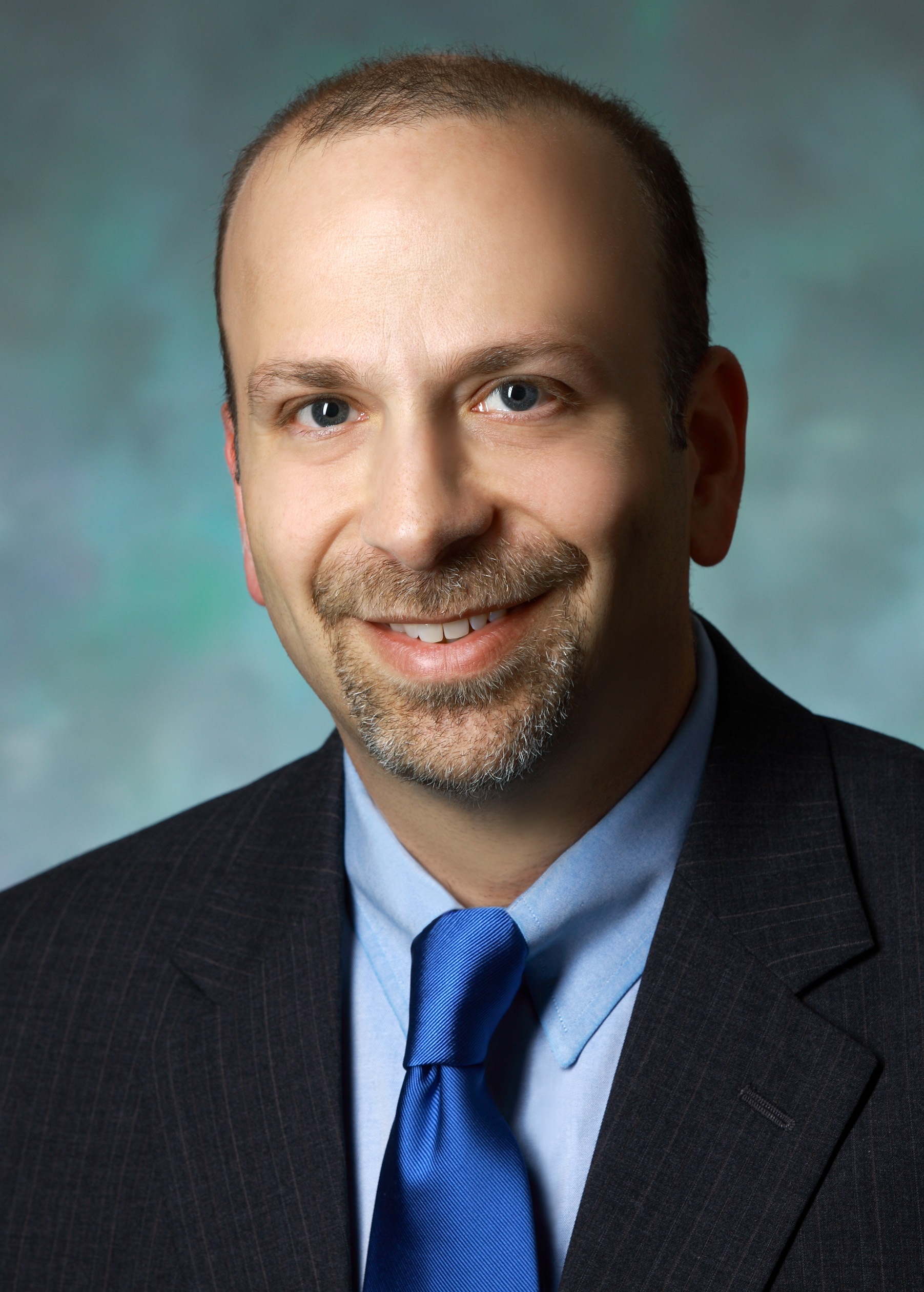Takeaway
The patient-doctor relationship is strengthened through conversation. In discussing holidays with patients, clinicians can sometimes gain valuable insights into patients’ physical, social, and emotional health.

Connecting with Patients | July 3, 2024 | 1 min read
By Steve Kravet, MD, MBA, Johns Hopkins Community Physicians
There’s so much to gain from simply talking with our patients. At its core, the patient-doctor relationship is about human connection. People feel more comfortable and share information when engaged in conversation. This is something that can be used on several levels. Take, for example, a technique to focus on the upcoming holiday, July Fourth. I asked two older patients, “What are you doing for the Fourth of July, any special plans?”
Here were two different answers and their implications:
1. “The Fourth of July is one of my favorite holidays—the whole family gets together to have a BBQ and we walk to Main Street to watch the parade. Then we watch the fireworks.” From this we learn that our patient has active family support and enough physical and mental endurance to manage noisy crowds on a potentially hot day. We can ask more about the multigenerational family, and we can advise about hydration and sun protection.
2. “Nothing special, I’ll probably watch the fireworks if I remember.” We can ask if this is different than in past years. We can learn more about family nearby or changes to their social network. We also watch for non-verbal communication. Do they brighten with excitement at the question, or do they avoid eye contact and look downcast? This may give us clues about their emotional state, dysthymia, or anxiety about gathering with others. Or perhaps they’re in a good emotional state, but lonely. Here we can suggest ways to broaden social circles, like senior centers.
Asking about special occasions, like birthdays and holidays, can be a gateway to important information about our patients’ physical and emotional health. Special occasions often intensify demonstrations of existing positive or negative aspects of our patients’ lives. It’s also a really fun way to get to know each other better. Over the years I’ve learned about great holiday traditions and events that I’ve tried myself. I’ve also been able to share more about my own holiday plans, which has brought me closer to some of my patients.
This piece expresses the views solely of the author. It does not necessarily represent the views of any organization, including Johns Hopkins Medicine.

